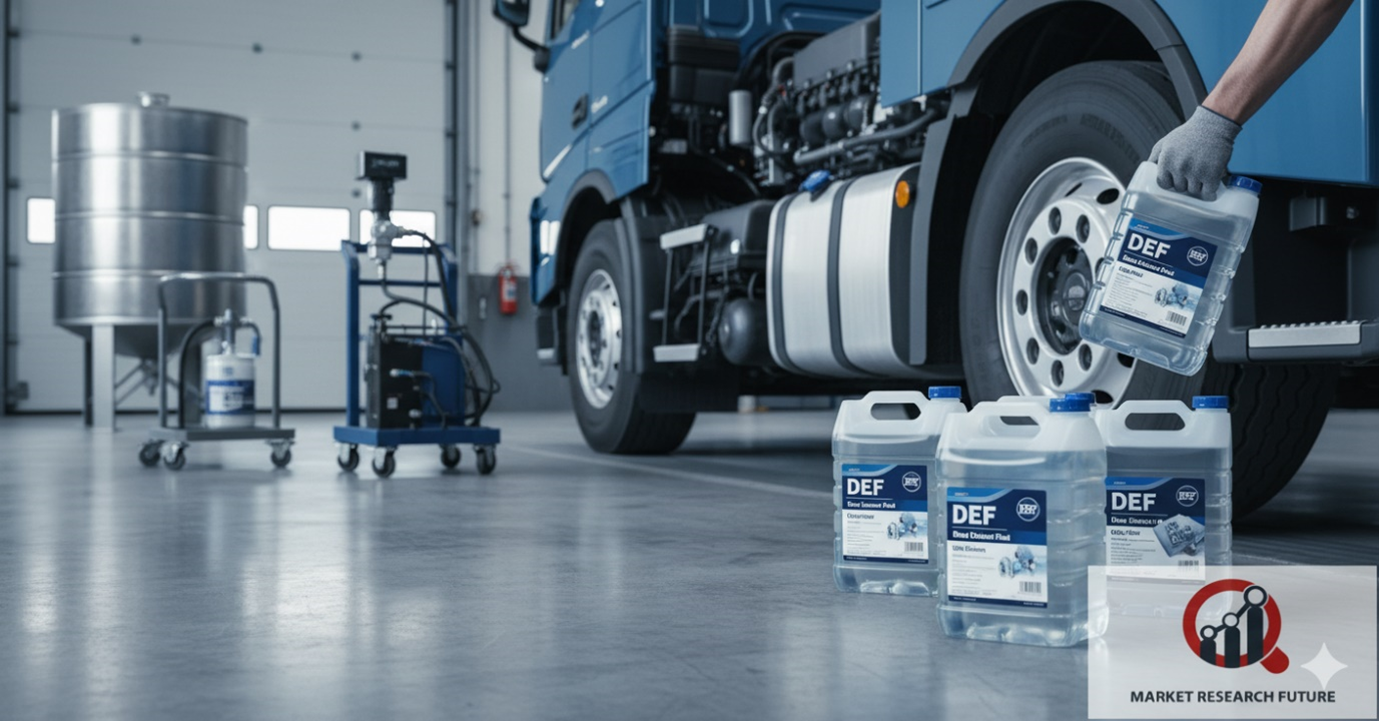What is DEF, and Why Does Your Diesel Need it?

The Benefits of Diesel Exhaust Fluid for Diesel Engines
In recent years, diesel engines have come under fire for their diesel emissions, even though they are recognized for their power, efficiency, and longevity. Diesel engines do not have to compromise performance to meet today’s environmental regulations. Diesel Exhaust Fluid (DEF) is the invisible and vital answer to diesel emissions concerns.
DEF is a non-toxic, colorless fluid made of urea and deionized water. Its purpose is to remove nitrogen oxide (NOx) pollutants and convert them to harmless nitrogen and water vapor. Combined with Selective Catalytic Reduction (SCR) technology, which is used on diesel engines, DEF helps them pass environmental regulations while keeping their efficiency and most of their power and performance.
Global Adoption of Diesel Exhaust Fluid
Rapid adoption of DEF is a result of the push for environmental sustainability. The NOx Emissions Act of 2010 required the automotive and heavy machinery industries to adopt technologies that minimize harmful exhaust emissions. As a result, DEF became a critical component of the automotive, marine, and aerospace industries.
Still, growth in the market is hindered by global challenges. Diesel is still the dominant fuel used for vehicles in industrial and commercial sectors, and the pandemic did the most to stifle the growth potential of the market by limiting global vehicle production.
DEF Market Challenges
The fluctuations in the price of DEF are driven by the price of urea. Urea is a key ingredient in the formulation of DEF and is used widely in the agricultural sector. Volatile agricultural market conditions, and hence, urea prices, and subsequently DEF prices, are a particularly challenge for the Gulf Cooperation Council (GCC) countries.
Finally, the long-term predicted reduced growth for DEF is based on the increase in diesel vehicles. Countries are implementing programs to promote the use of EVs, and the demand for diesel fuel will begin to decline as fossil fuel-powered vehicles and DEF become less available in the market.
Future Outlook
After seeing some tough times, the DEF (AdBlue) market should remain strong over the next ten years, particularly as more people buy commercial vehicles and heavy-duty trucks. Manufacturers are pouring resources into research and development to produce more advanced DEF formulations that further improve engine performance and reduce emissions.
The move to sustainable mobility and the diesel engine do not have to part ways; they need to embrace cleaner and more advanced diesel technology. DEF plays a key role in that evolution, making sure that older diesel engines still have a part to play in making the world a cleaner and more sustainable place.

Leave a Comment